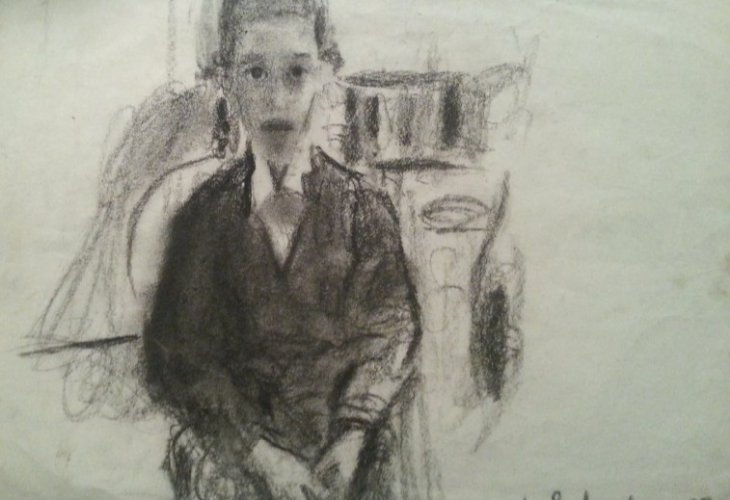History and Archaeology
The Spiritual Power of the Hebrew Language: Origins, Meaning, and Mystical Insights
Discover why Hebrew is considered the world’s original language, how it shaped creation, and why its letters carry unique spiritual force
- Dudu Cohen
- |Updated

Language, and especially the Hebrew language, holds supreme importance in Judaism. Through language we bless, pray, and study Torah. One of the Ten Commandments even prohibits taking God’s name in vain, and reciting a blessing unnecessarily is considered a serious transgression.
Even amulets demonstrate the power of language: what is an amulet if not a combination of Hebrew letters that is believed to create a new spiritual reality?
All of this already suggests that Hebrew is not just another language. It carries a special power — first and foremost because, according to Jewish tradition, the world was created through it.
We asked Rabbi Zamir Cohen, whose book The Code is dedicated to the mystical meaning of the Hebrew letters, about the source of Hebrew’s power and why Judaism teaches that it preceded all other languages.
Hebrew: The Original Language Before the Tower of Bavel
“The Torah teaches that all humanity spoke a single language until the famous sin of the Tower of Bavel,” Rabbi Cohen explains.
“During that rebellion, humans used their unity for negative purposes, so God intervened and confused the one language they all shared.”
How do we know that this original language was Hebrew?
“Beyond what is known from Jewish tradition — especially in Kabbalah, there is evidence in the names of people from the generations before the Tower of Bavel:
Adam — from adamah (earth), because he was created from the ground
Cain (Kayin) — from kaniti ish et Hashem (‘I have acquired a man with God’)
Noach — from zeh yenachameinu (‘this one will comfort us’)
Only Ever, the son of Shelach and a descendant of Shem and Noach, who was righteous and did not participate in building the Tower, preserved the original holy language.
He passed it down to Avraham, who was his descendant.
Avraham was the only person of his generation who retained the original language.”
The Spiritual Power Embedded in Hebrew Letters
“Kabbalistic sages taught that the Hebrew letters contain actual spiritual energies and divine forces that God embedded within them.
Through these letters, God created the world.
To use an analogy: in chemistry, different combinations of elements produce different materials. Similarly, combinations of Hebrew letters — and the spiritual forces within them, create the reality expressed by those words.
In Sefer Yetzirah, attributed to Avraham, it says: ‘Twenty-two letters — He carved them, hewed them, weighed them, transformed them, combined them, and through them formed every creature and everything destined to come into being.’
Through these combinations, God created every detail of creation — each element formed according to the specific letter combinations that make it what it is.”
Are Other Languages Connected to Hebrew?
“The Hebrew language is the source and root of all languages in the world. When researchers examine linguistic similarities between words across different languages, they discover remarkable patterns."
How Hebrew Words Have Shifted Over Time
Another interesting point is that many original Hebrew words have changed meaning dramatically over the centuries.
For example:
Chashmal — today means “electricity,” but originally referred to a mystical concept from Kabbalah.
Nashaf — today means a dance party, but historically meant “night.”
Liftan — now a dessert, originally meant a main dish eaten with bread.
Asmachta — today means “strong evidence,” but the original meaning was the opposite: extremely weak proof that one should not rely on.
These shifts show how words can drift far from their spiritual or original roots.

